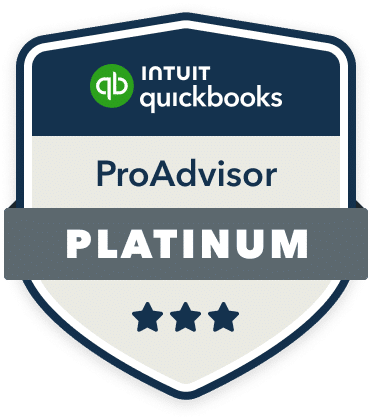It’s the end of the month, and you’re just sitting down with a cup of coffee to go over your company books.
“Where did all the money go??”
…is a thought that might be running through your mind.
Tracking what you’ve saved or spent is one of the most dreaded tasks all business owners must face.
However, keeping a close eye on your finances is imperative to the longevity of your business, as well as the success of your post-retirement years.
To help safeguard your long-term financial stability whilst ensuring you meet your short-term entrepreneurial needs, we’ve curated a comprehensive guide about budgeting for business owners.
Here’s what you need to know.

How much should you put away?
As a general rule, we think business owners should set aside around 40% of their net income; 25% towards paying income tax, 10% into a retirement fund, and the remaining 5% for future vacations.
Let’s break it down.
Save 25% for Taxes
When it comes to paying the IRS, it’s always better to be safe than sorry. That’s why we recommend putting away 25% of your net income to ensure you can meet your fiscal responsibilities. Plus, if you end up putting away more than you truly need, you can think of this extra cash as an end-of-year bonus.
Save 10% For Retirement
As the owner of your own business, you don’t have the luxury of an employer-sponsored retirement plan. Therefore, it’s up to you to ensure you have enough to live out the rest of your retirement years as comfortably as possible. We suggest you allocate 10% of your savings to a retirement fund, such as a Solo 401(k), Simple IRA, SEP IRA, or Roth IRA.
Solo 401(k)
The Solo 401(k) is a retirement plan frequently used by independent contractors and sole proprietors. You can make up to $20,500 in annual tax-free contributions and up to $27,000 if you are aged 50 or above.
Simple IRA
The Simple IRA only applies to small businesses with a sole proprietorship and 100 employees or less. Here, employers must contribute to their employees and their own retirement savings plan.
SEP IRA
Only business owners and self-employed individuals can open a SEP IRA. You can contribute up to $57,000 or 25% of your annual self-employment earnings, whichever is less.
Roth IRA
With a Roth IRA, contributions are not tax-deductible; however, your capital growth and withdrawals during retirement are tax-free. Nevertheless, these retirement plans are slightly more challenging to set up and should remain separate from your company books.
With something as crucial as your retirement, you want to feel confident that you’re making the right choices, and unless you’re a financial expert, it’s easy to get lost amidst the lingo of IRAs and 401(k)s.
If you need additional help figuring out which retirement option is best for you, you can book a quick call with one of our experienced accountants anytime.
Save 5% for Vacations
Finally, you should save 5% of your net income for any upcoming vacations you would like to take.
And yes, you should take them!
Since you don’t get paid vacations working as your own boss, it’s vital to account for this within your budget. Planning ahead will ensure that you can stay in a nice hotel and splurge a little without worry.
Get Help From An Experienced Business Advisor
When you fail to allocate enough money towards your savings, you risk making decisions you could regret in the future. Without the correct savings strategy, you could even encounter some troubles with the tax man.
But, of course, you must meet the current needs of your business as well.
Our recommendation? You shouldn’t pour all of the profits back into your business.
As your own boss, you need to account for your future and create a fund you can rely on once you retire.
Here at ZenStrategies, we help our clients balance the responsibility of pushing their business forward and saving for the future.
If you don’t have a business accountant that you’re happy with, or would simply like to learn more about how we could help, you can reach out to our team anytime.
We’re here to help!
Until next time.




